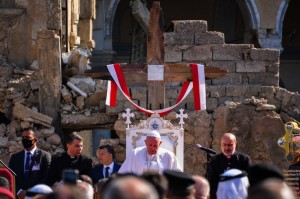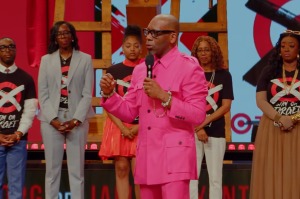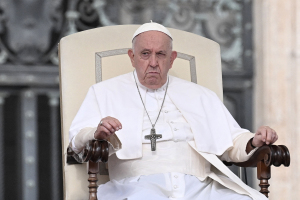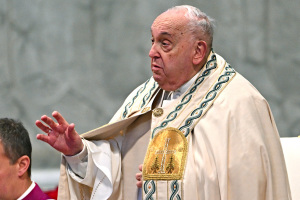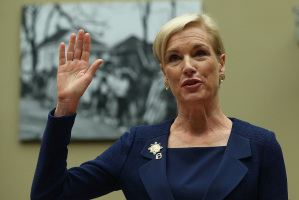Russia Collusion Confusion: 5 Essential Unanswered Questions
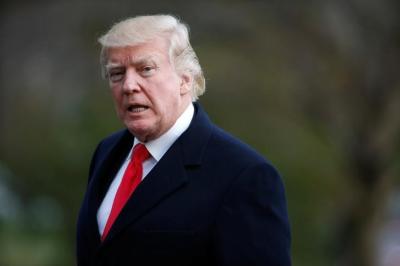
2. Is President Trump guilty of obstruction?
Some are arguing that Trump is guilty of obstruction of justice by trying to obstruct the ongoing investigations surrounding Russia's involvement in the 2016 election.
A recent report produced by the Brookings Institution argues that "public record contains substantial evidence that President Trump attempted to impede the investigations of Michael Flynn and Russian interference in the 2016 presidential election, including by firing FBI Director James Comey."
"There is also a question as to whether President Trump conspired to obstruct justice with senior members of his administration although the public facts regarding conspiracy are less well developed," the Oct. 10 report states.
Norman Eisen, a co-author of the Brookings Institution report and a former chief White House ethics lawyer under President Barack Obama, wrote in an op-ed for USA Today that Trump's interactions on Twitter following Papadopoulos' admission and statement of offense might also constitute obstruction.
On Tuesday, Trump posted a tweet calling Papadopoulos a "liar."
"To say the least, it is very unusual for the president of the United States to attack a witness who is cooperating with the United States an ongoing federal investigation. It raises obstruction of justice and witness intimidation questions, just as it did when the president similarly went after former FBI Directory James Comey," Eisen added. "Think about it: When you are a witness in a case that threatens the most powerful man in the world, and he attacks you publicly, that is scary.
"Trump's tweet also creates more problems for Trump with Mueller. By far the biggest personal danger to Trump is that Mueller moves against him for obstruction," Eisen added. "That decision could go either way, but there is already substantial evidence that he obstructed justice. The reason Trump's lawyers keep talking about the White House's efforts to cooperate with Mueller's investigation is to convince the special counsel of Trump's good faith, and so to limit further exposure of the president."
















